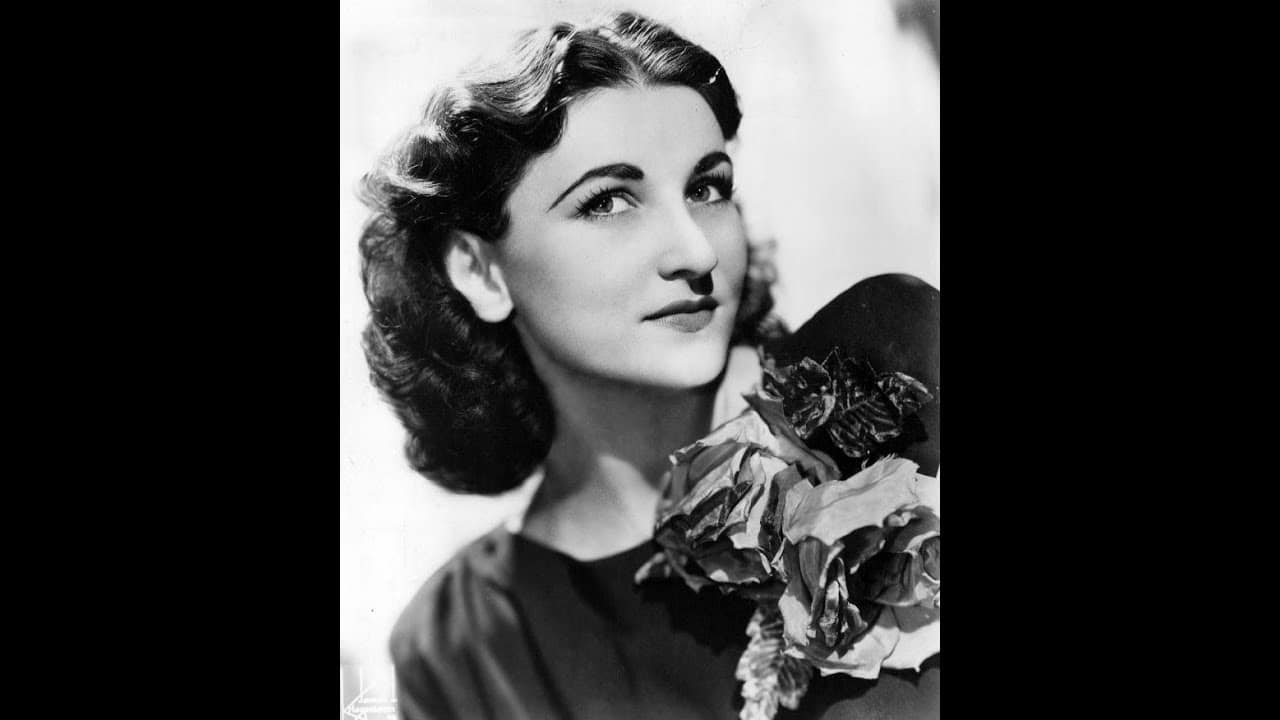So are artist agents worthy of honour?
mainA brief comment we passed some days ago on the appearance of two classical artists’ agents in the Queen’s honour list has provoked an eruption on Classical Music magazine from Andrew Green, a former agent and historian of agents, who feels they are, as a class, upstanding and altogether well-deserving members of society.
The nub of his argument? ‘The concert scene around the world would grind to a halt overnight without the artist manager.’
To which we say, oh, yeah? We’re prepared to bet a Solti souvenir pen to an Abbado signed tie that life would go on just as well without them.
Meanwhile, we happen to live among wonderful people who work day and night saving lives, feeding the hungry, comforting the bereaved, caring for orphans, all without thought of reward or thanks. And a pair of agents waltz away with state honours.






Comments